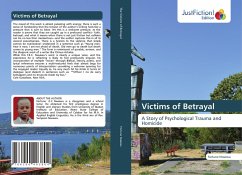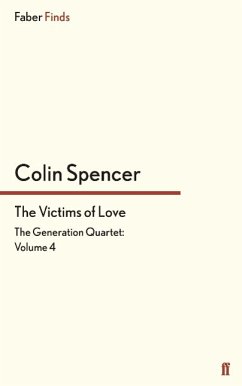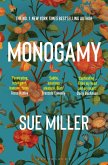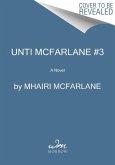The mood of this work is almost pulsating with energy; there is such a sense of foreboding that the tension of the author's writing feels like a pressure that is sure to blow. Yet this is a welcome pressure, as the reader is aware that they are caught up in a profound conflict-- faith, betrayal, and what it means when there is not just friction but collision can be no less than momentous-and the author captures this in all its visceral evocativeness. There is a lyricism to the violence that simply cannot be overlooked-evidenced in a sentence such as "Young man, hear it now, I am not afraid of death, Old men go to death but death comes to young men." The form is reminiscent of parable, sermon, and the diasporic work of a writer like Chinua Achebe. While this F.E.C. Nwaiwu's work is clearly a unique voice, and the experience he is reflecting is likely to feel profoundly singular, his incorporation of multiple "voices" through Biblical, literary, poetic, and lyrical references ensures a multi-textured feels that almost begs for numerous points of interpretation-providing a welcome opening for the engaged reader. Equally so, he very much hit his stride in terms of dialogue (and dialect) in sentences such as: "_Officer I no de carry kidnappers and no drugs de inside my bus."Cole Gustafson, New York.
Bitte wählen Sie Ihr Anliegen aus.
Rechnungen
Retourenschein anfordern
Bestellstatus
Storno








